How Do You Define Advanced E-Learning?
January 10th, 2017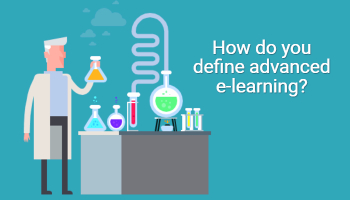
“I want to learn more advanced e-learning.”
As I conduct e-learning workshops around the world, this is probably one of the most frequent statements I hear. In many of the workshops, there’s a mix of people who are just getting started with e-learning and those who’ve been building courses for a while. So their expectations and experiences are very different.
On top of that, there’s a difference between advanced topics for using the Articulate software and advanced topics when it comes to instructional design and course construction outside of the software you’re using.
The challenge for me is discerning what “advanced” actually means. I’ll share some of my observations but I’m really more curious as to how you define advanced e-learning.
Here’s How I Define Advanced E-Learning
Since I work at Articulate, most of the workshops are focused on using the Articulate applications to build courses. And it’s a lot more interesting now that Articulate 360 gives you every application because it provides a lot of capability and options for how to approach the course content and construction.
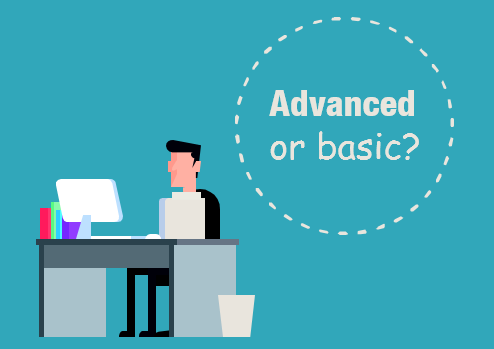
When it comes to software training, here’s how I look at e-learning skills:
- Basic. Basic level training is learning to use the features as designed. For example, how triggers work is a basic task. You need a basic understanding of the feature so that you can use it to build interactions and functionality within the course.
- Advanced. The next level of skills training is becoming competent with the advanced feature set like variables. In a sense, they’re just basic built-in features like the rest, but they are a bit more advanced in what they can offer because of the options and structure they provide. The key is you don’t need to know how to use them to build effective courses. However, when you do know how to use the variables features they make your courses more complex and efficient. You can build things like adaptive learning paths unique to each user.
Here is where I like to create a distinction between basic and advanced e-learning: it’s not about the features as much as becoming efficient and combining features to accomplish custom objectives.
- Production efficiency. In most software applications, there are twenty ways to do the same thing. In that case, it doesn’t matter how you created the course as long as you get what you wanted. However, there are some production techniques that are more efficient than others. An advanced course developer is efficient and does the little things like adding titles to objects in the timeline. And she understands how to differentiate features and when to choose one over the other when they do similar things.
- Compounding features. Features are created to do specific things and they usually have some constraints. Advanced course developers learn to accomplish their objectives by combining features and working around the constraints they may offer. In a sense, they create new features through production techniques. We usually call these best practices. And advanced developers have a tool chest full of best practices.
What’s missing?
- External programming. There are some people who have programming skills that extend beyond the software’s features. I’ve seen a lot of really cool courses that combine the software with custom programming skills. Here are a few examples: print a learning journal and dynamic workbook, send a tweet from the course, and take a virtual tour. You can see more examples in this weekly challenge activity. While those examples are great, they require skills outside of the tools.
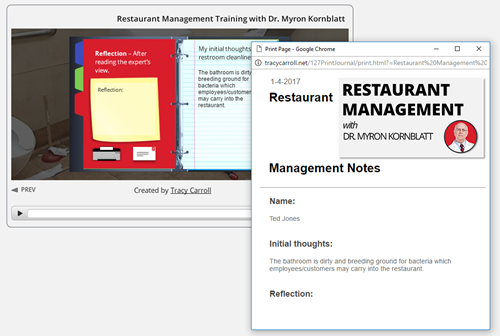
- Hacks. Building on the programming skills above, there are some people who have the programming skills to deconstruct the published output of the course and then hack it by adding their own code to modify how the published course functions. Again great skills to have, but they extend outside of the authoring software.
That’s just the software side of e-learning course production. It doesn’t cover what advanced skills are required to actually determine the appropriate content and activities to effectively teach new skills and concepts.
How Do You Define Advanced E-Learning?
So my question for you is two-fold. How do you define advanced e-learning skills when it comes to the software and then how would you define it when it comes to more general topics like instructional design?
Feel free to share your thoughts by adding them to the comments.
Events
- Everyday. Check out the weekly training webinars to learn more about Rise, Storyline, and instructional design.
Free E-Learning Resources
 |
 |
 |
|
Want to learn more? Check out these articles and free resources in the community. |
Here’s a great job board for e-learning, instructional design, and training jobs |
Participate in the weekly e-learning challenges to sharpen your skills |
 |
 |
 |
|
Get your free PowerPoint templates and free graphics & stock images. |
Lots of cool e-learning examples to check out and find inspiration. |
Getting Started? This e-learning 101 series and the free e-books will help. |

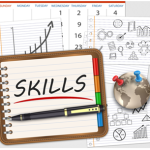
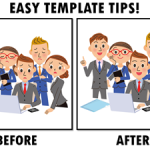


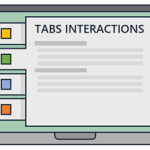
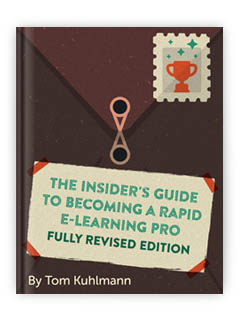


0
comments